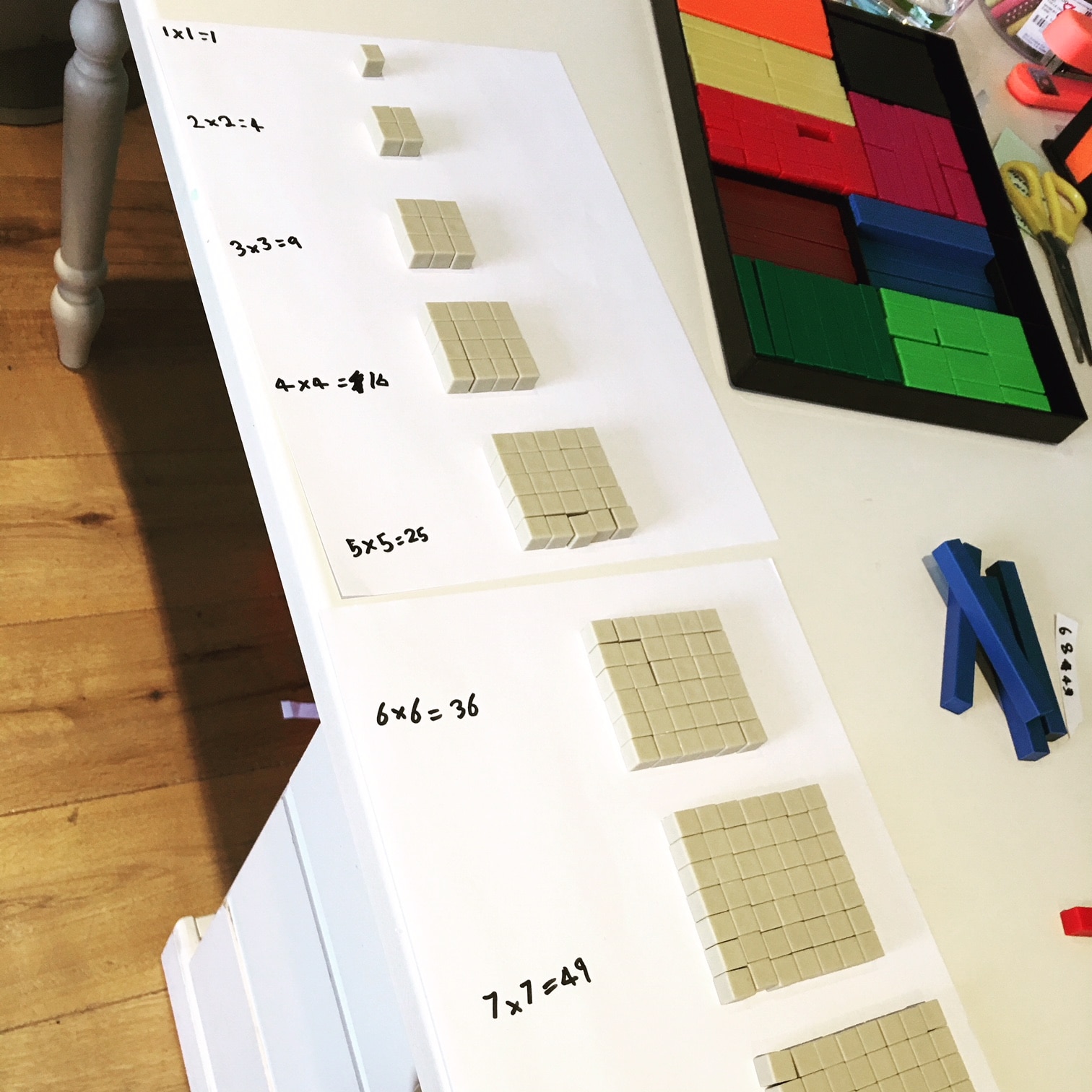Tutoring those with Dyscalculia all over the world online

'For ten years we’ve been trying to get our son to understand that 3+2=5. I'm so relieved that he finally knows it and doesn't count it up' is the response I got from a very relieved parent of a teenager diagnosed with Dyscalculia.
I've never met my student in person, yet I’m unlocking his ability to be confident with numbers. Thanks to technology, not only can Dyscalculics find a specialist in the first place, they can also receive lessons online.
So what exactly is Dyscalculia?
In 2001 the Department of Education and Skills defined it as: “Dyscalculia is a condition that affects the ability to acquire arithmetical skills. Dyscalculic learners may have difficulty understanding simple number concepts, lack an intuitive grasp of numbers, and have problems learning number facts and procedures. Even if they produce a correct answer or use a correct method, they may do so mechanically and without confidence.”
Being bad at maths Vs Dyscalculia
It's estimated that around 5% of the population has Dyscalculia and only a qualified Educational Psychologist should make a formal diagnosis for it. Dyscalculics tend to have poor arithmetic skills and lack of general feel or sense for numbers. They struggle in dealing with money and managing time in their daily lives. Many are also stuck in what Ronit Bird describes as ‘the counting trap’, a self-perpetuating situation where every calculation is done in steps of one. For my student, 3+2 was a fresh calculation to be counted out every single time. The number bonds of five which are embedded and internalised for most of us wasn’t so in his case. Dyscalculics also have poor subitising ability where they cannot instantly recognise and compare quantities in small groups.
Maths can be a black and white subject with no room for error. An almost correct answer is simply not good enough. Repeated failure leads to humiliation in class and learning situations for students at a young age. Then fear takes over and the brain starts to shut down in trying to assimilate any new maths.
Maths consists of many other parts - fractions, geometry, algebra, statistics and probability to name the main ones. Without a thorough grasp of arithmetic, however, someone with Dyscalculia will remain in the dark since maths is a cumulative subject.
Broadly speaking, fluency with maths exists on a spectrum with Dyscalculia representing an extreme. Students who don’t have Dyscalculia can also struggle with higher maths. For example, if they didn’t thoroughly understand fractions, decimals and proportion at primary, this would affect their secondary maths. This isn’t the same as Dyscalculia, which is lack of number sense, number bonds, etc on a more fundamental level.
The challenge and reward of tutoring Dyscalculia online
After taking Dyscalculia training with Trish Babtie, I took a brave step and went into tutoring it online. I tutored maths and science online before and knew that students were at ease behind a screen without the social pressure of a physical tutor.
This benefitted Dyscalculics who have a lot of anxiety around maths. Dyscalculics learn best through concrete, manipulative material like dice games, Cuisenaire rods, dominos, etc. In person, it's all easy to do, but not so much online.
To replicate this online, I used an innovative two camera system and asked my students to get their own set of hands on concrete material as well. Playing number games with dice and other objects removes a lot of the pressure for students and reframes maths as more of a fun activity.
It's been a godsend to many of my students who couldn't find a local Dyscalculia specialist. I've been able to change the lives of students who've found me from all over the UK and across the globe. I've now tutored it online for over two years and understand the wide spectrum it has with the many case studies I've accumulated. And I'm always in touch with my trainer and other specialists. Dyscalculia is a complex area and needs to be handled in a careful, sensitive and well-calibrated manner. Thanks to the pioneering work using MRI, great progress is being made in its understanding by Professor Brian Butterworth at University College London.
(Picture) manipulative materials - Cuisenaire rods

The online world is simultaneously helping spread awareness of Dyscalculia, for students to find specialists and for them to get lessons from the comfort of their own home. Not only that but the techniques of using concrete and pictorial maths benefits all students.

"I am excited that understanding Dyscalculia by a wider community will benefit the world of education as a whole."
Dr Atul Rana, Online private tutor
About the author
After getting a degree and PhD in the UK's most prestigious technology university, Dr Atul Rana worked for Rolls Royce PLC and in the city designing economic software models. He left his city job voluntarily (at a time when people were hanging on to their jobs because of the recession) to tutor children.
He enjoys tutoring because of the difference it can make to children’s lives and their families. Dr Rana has received letters, emails and texts thanking him for the difference he's made to his students' learning. He's inspired by what he learns from being involved with different people and families. He's taught and tutored in state schools, independent schools and even in the Indian village where his grandfather grew up.
He amasses new and fascinating experiences year on year, and things always get better and ever more interesting. With online tuition he is able to connect to different parts of the world in real time.